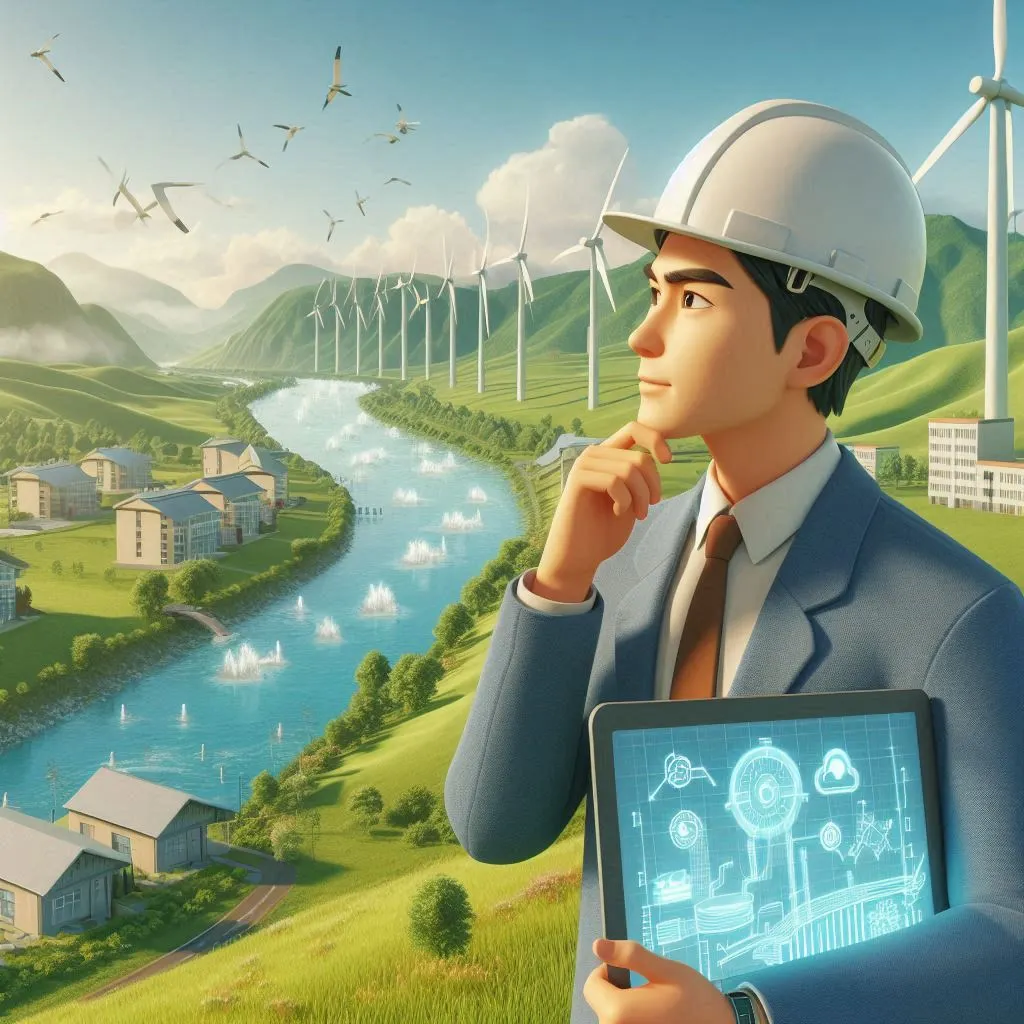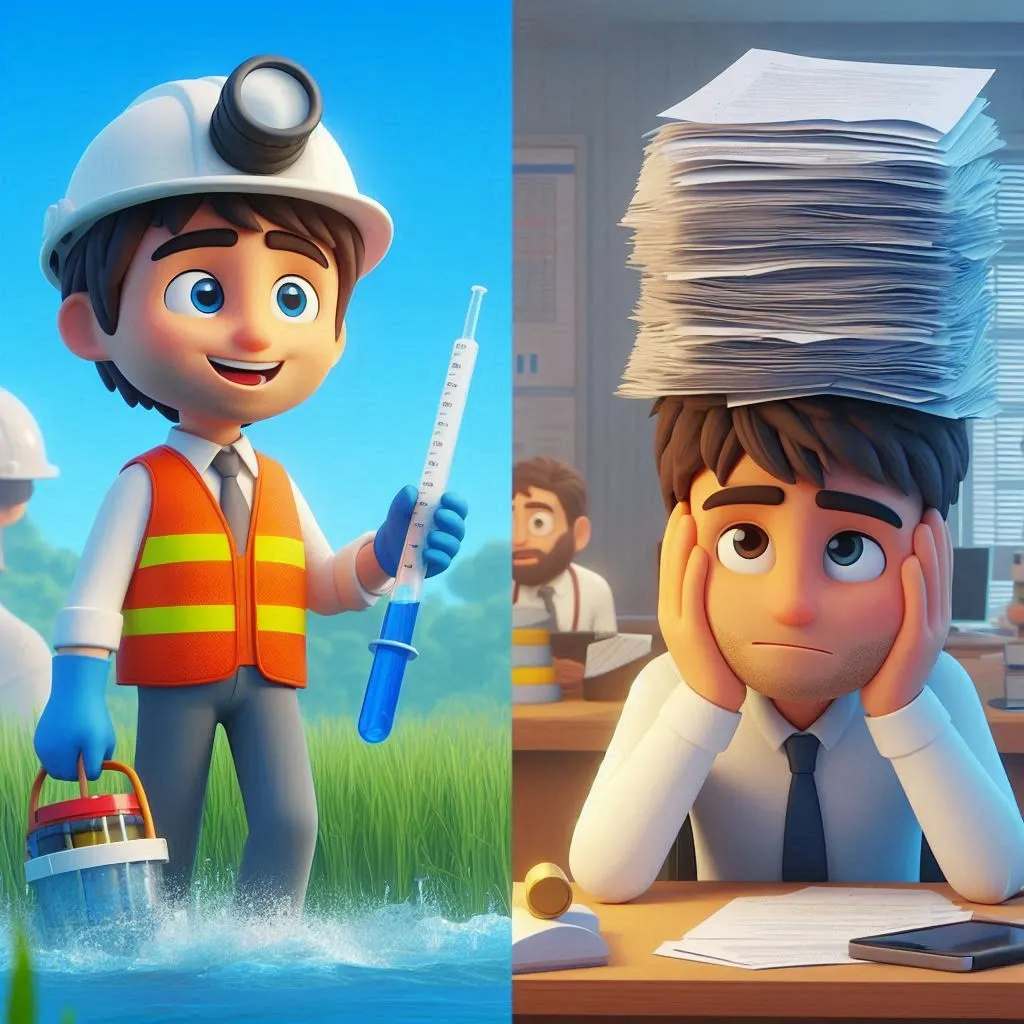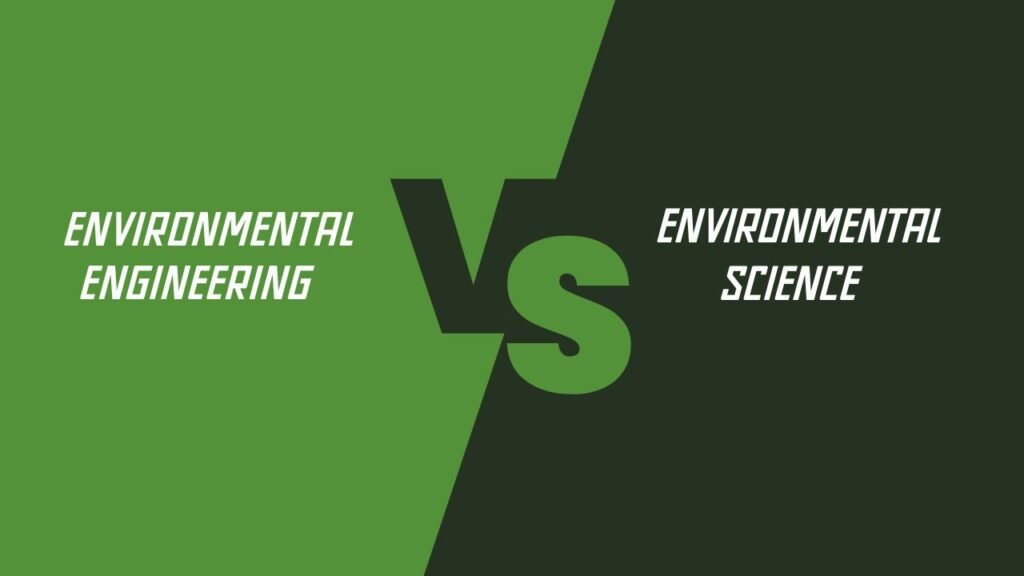Are Environmental Engineers Happy?
Environmental engineering is a challenging yet rewarding career path focused on protecting human and ecological health. While the work tackles complex issues, does this important job also provide personal fulfillment and satisfaction for those in the profession? This comprehensive post will explore factors influencing happiness levels among environmental engineers through in-depth research and insights from those in the field.

Job Satisfaction Depends on Individual Priorities
With any career, personal happiness is influenced by how well the job matches one’s priorities, interests, and work style. Environmental engineers address vital concerns like sustainability, conservation, and public wellbeing. For individuals passionate about these issues, the career offers meaningful work. However, the profession also involves paperwork, regulations, and interacting with stakeholders holding differing views. Engineers thriving in this intensity may feel their efforts make an impact, while others prefer a less politicized work environment. Satisfaction comes down to individual temperament and motivation for entering this career path in the first place.

Diverse Work Keeps Things Interesting
One appealing aspect for many environmental engineers is the diversity in their day-to-day responsibilities. Tasks range from conducting site assessments and designing infrastructure to evaluating new technologies and consulting on policy. With constant changes in environmental issues and regulations, no two days on the job are the same. Working on distinct projects helps prevent boredom. Engineers note this variety, combined with each new challenge, keeps their work engaging over long careers. The constant learning required also attracts engineers valuing intellectual stimulation.

Positive Work Culture Boosts Morale
The workplace environment makes a substantial difference in employee happiness. Engineers report higher satisfaction when their teams collaborate well and support one another. Having respectful relationships with project stakeholders and local community members also enhances job fulfillment. A company prioritizing work-life balance through flexible schedules and occasional remote work helps engineers maintain harmony. Recognizing employee efforts and providing career growth opportunities further boost morale. Overall, environmental engineers tend to feel happiest when their company culture appreciates its people and empowers positive change.
Passion for the Planet Fuels Motivation
An innate care for the natural world is a common driver for those entering this career. Having a hands-on role bettering the environment through scientific solutions nourishes this passion. Engineers note feelings of motivation and optimism working to solve sustainability challenges. Even on difficult days, the potential impact maintains enthusiasm and determination. This purpose aligns their profession directly to a cause many feel is tremendously important. Engineers frequently express how their careers allow contributing value from an environmental perspective. Harnessing this internal motivation aids longevity and dedication in the field.
Varied Interests Enhance Work-Life Harmony
Like any job, aspects beyond work itself factor into life satisfaction. Environmental engineers report higher overall happiness maintaining a balance through hobbies, family time, community involvement and other interests. Those dedicating excessive unpaid overtime to complete projects tend to experience more stress and fatigue over time. Educators encourage engineering students to carefully consider personal well-being alongside technical skills. Cultivating diverse non-work passions helps sustain work-life equilibrium essential for long-term career fulfillment and life enjoyment overall.
Professional Development Increases Skills and Income
Continuing education expands an engineer’s technical expertise while qualifying for more senior level roles offering greater responsibility and compensation. Most environmental engineering employers provide tuition reimbursement supporting ongoing training. Professional organizations also offer affordable, convenient short courses covering timely topics. Engineers who invest in their careers note higher job satisfaction as their skills and value to employers increase over time. Additionally, specializing in areas like water resources, air quality or renewable energy through graduate programs leads to more specialized, higher paying positions within this growing field.
Personal Fulfillment Differs at Each Career Stage
Early career satisfaction often derives from hands-on work and learning challenges. Mid-career engineers express happiness stemming from leadership duties and seeing projects to fruition. Those nearer retirement frequently report contentment mentor- ing younger colleagues and imparting their extensive knowledge. Surveys show life priorities shift with age, naturally changing what brings joy from one’s work. Flexibility addressing evolving personal needs helps retain seasoned experts benefiting the field immensely through sharing wisdom accumulated over decades. Overall job happiness fluctuates less than maintaining work-life stability at each career phase.
Conclusion – Are Environmental Engineers Happy?
For dedicated engineers passionate about protecting the planet, a career in environmental protection proves professionally rewarding and personally fulfilling. While challenges will always exist, positive factors like diverse responsibilities, impactful projects, supportive teams and continuous development opportunities substantially contribute to overall job satisfaction. By cultivating resilience, staying engaged through interests outside work, and adapting to life changes, environmental engineers embrace each career stage with fulfillment. Their important efforts safeguard communities and ecosystems for generations to come.


